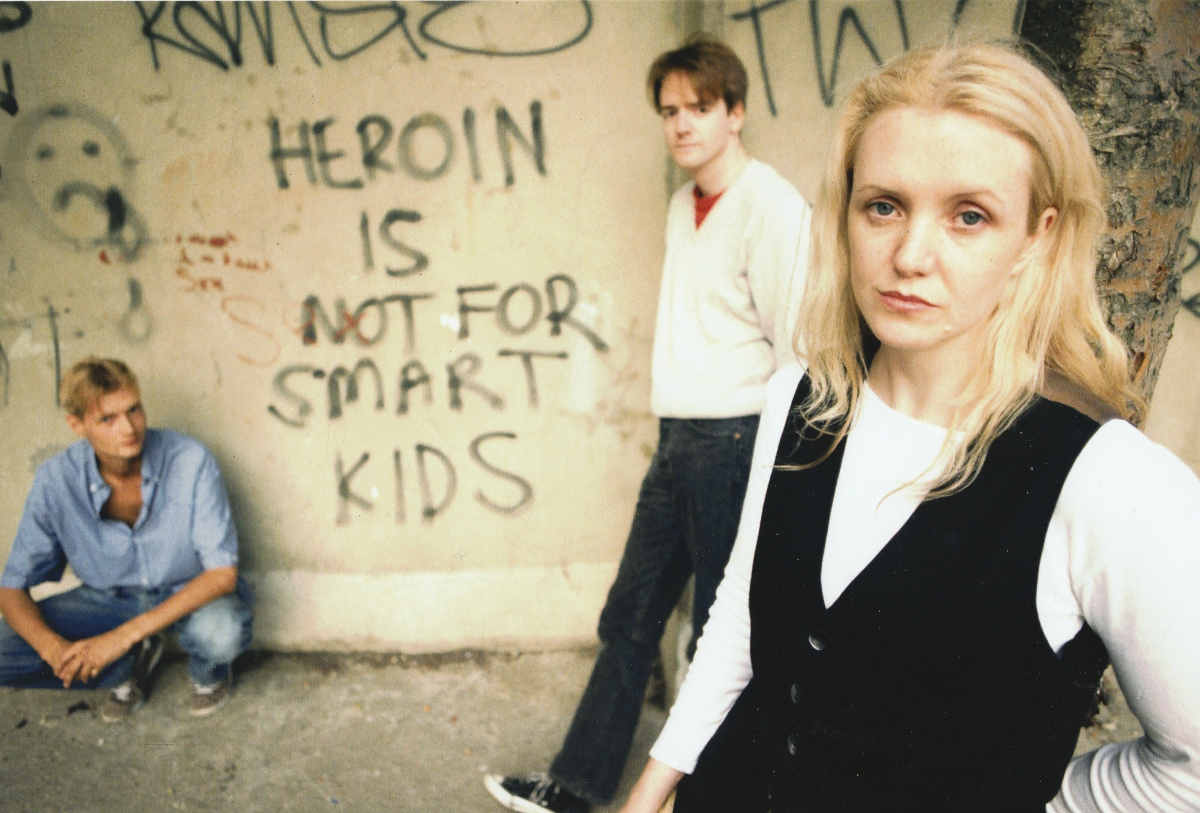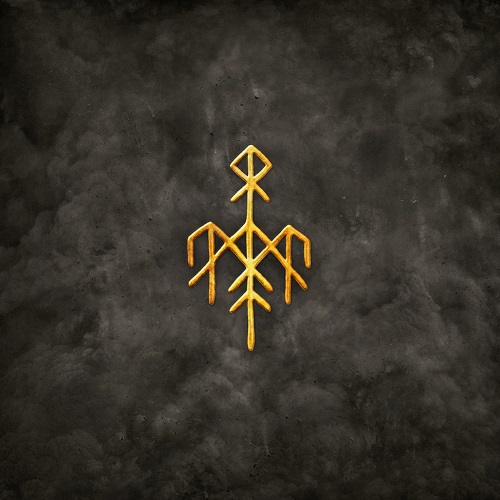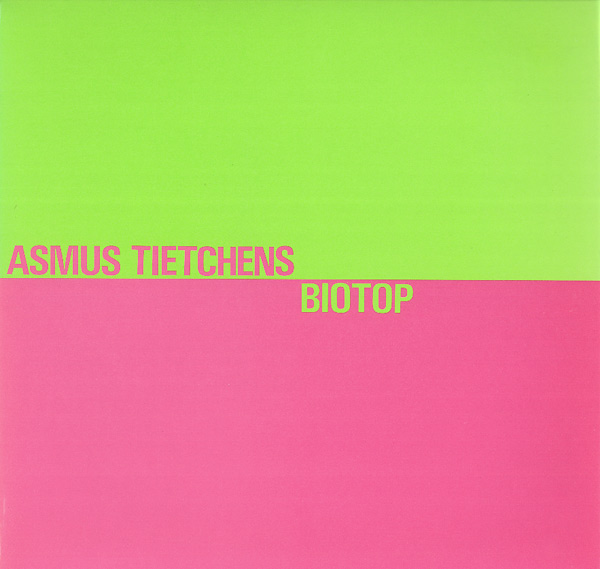Young God (North America) / Mute (Rest of the world)
 The Glowing Man marks the culmination of what frontman Michael Gira calls “the current phase” of Swans, and is the fourth album by the current twenty-first century line-up which has been delivering uncompromising beauty and brutality since 2010’s My Father Will Guide Me Up A Rope To The Sky. It shares with that album a returned fascination with traditional song forms, though for the most part these are buried within the epic abstractions of sound that characterised the intervening albums The Seer and To Be Kind. Taken as a whole, the four form a unique and wonderful ten or so hours of music; which would probably kill you if ingested all at once.
The Glowing Man marks the culmination of what frontman Michael Gira calls “the current phase” of Swans, and is the fourth album by the current twenty-first century line-up which has been delivering uncompromising beauty and brutality since 2010’s My Father Will Guide Me Up A Rope To The Sky. It shares with that album a returned fascination with traditional song forms, though for the most part these are buried within the epic abstractions of sound that characterised the intervening albums The Seer and To Be Kind. Taken as a whole, the four form a unique and wonderful ten or so hours of music; which would probably kill you if ingested all at once.
“The World Looks Red/The World Looks Black” is all-encompassing mantic drone with intricate piano harmonies, right up until the point it goes as close to disco as Swans have ever been, climaxing with something that wouldn’t be entirely out of place on Eno and Byrne‘s legendary My Life In The Bush Of Ghosts, if that album had been recorded on a spaceship crashing to Earth. Which is a pretty apposite image for the album as a whole, really — it’s the sound of Swans coming back to Earth to claim it for themselves after their cosmic travels of the last six years. Alternatively, it’s the sound of your brain coming down from a monster drug trip only to find that in your absence there’s been a catastrophic event and the world is now ruled by monkey biker gangs. Whichever sounds more awesome, really.
“People Like Us”, while melancholy as fuck, seems almost jaunty in this setting, proving that Swans have become masters of nuance since the sheer brutality of their earliest work. Seems funny to think that “noise rock” used to seem an apt description for Swans. In the intervening years they’ve absorbed and assimilated folk, jazz, post-rock, drone, doom and pretty much everything, really, into their vast and relentless war machine. For such a huge and sprawling piece of work, there’s not an unnecessary note on the whole album; everything serves a function and despite their improvisational songwriting, nothing seems left to chance.
And then the album, like the band, and possibly your brain, returns to terra firma as Swans close the book on this chapter of their career with the suitably-named “Finally, Peace”, which is as close to pop music as they’ve come since the ’90s, leaving us with at least some hope for humanity (as long as we welcome our kaiju noise-rock overlords, of course).
A swan can break your arm, but only Swans themselves can stop Swans. And The Glowing Man is a majestic end to this phase. Are Swans dead? They told us that before, remember. All we can do is hope and pray that they return, and marvel at the truly stupendous legacy they have given us.-Justin Farrington-



